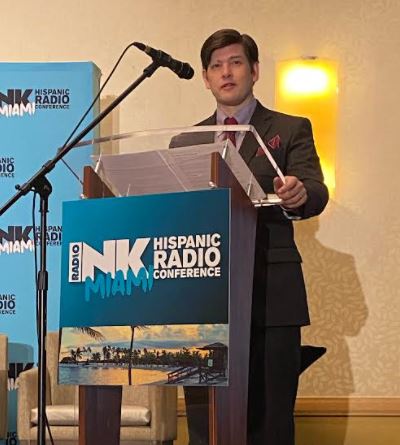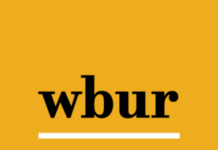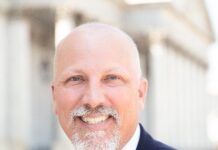
While digital companies prosper, the government should not over-regulate broadcasters. That was the message from FCC Commissioner Nathan Simington at the Radio Ink Hispanic Radio Conference in Miami Thursday. Simington produced some eye-popping revenue stats when he compared the big three digital platforms to radio.
There’s a contingent, backed by the NAB, that believes loosening ownership caps will give radio a better chance to compete with the Facebooks, Google’s and YouTubes of the world. Digital companies are not regulated by the government, yet they are fighting broadcasters for the same advertiser revenue budgets, and they are winning.
Simington said few people about Apple’s dominance in the audio marketplace, but perhaps more should. “Apple, through its App Store, exercises an effective veto on digital audio content. No podcasting or streaming platform wants its app de-listed, and yet if it hosts content that Apple finds objectionable, that is exactly what can happen. If digital audio platforms want access to listeners, they need Apple’s blessing on their content. It’s that simple.”
He then went on to Google and YouTube, which dominate the local advertising marketplace. “Google sells more local ads than the entire broadcasting market combined. YouTube earned about $20 billion in advertising revenue in 2020—a 30% year-over-year increase. Let’s underline that point: YouTube gained advertising dollars, and a lot of them, in 2020, when broadcasters generally lost ad revenue. YouTube alone now earns twice what the entire U.S. terrestrial radio marketplace earns in top line advertising revenue.”
And finally Facebook. “Over a third of surveyed adults say that Facebook is their primary source for news content. And the Commission does not have an obvious regulatory look-in to determine whether that content is being served fairly, nevermind accurately.”
Simington says this imbalance cannot last forever. “Behemoth digital platforms cannot, on the one hand, benefit from market dominance that has been supercharged by a relative lack of regulation, and then on the other wield that dominance against traditional broadcasters who never had the opportunity to compete on a level playing field.
He also admits there’s not a lot The Commission can do to even the playing field. “Under present law, there’s just not a lot that we can do about the market. But he adds, The Commission can help through judicious restraint in its regulatory authority over broadcast media. “The Commission can reduce burdens to broadcasters and offer them greater freedom to operate. Of course, the airwaves are a public trust, and so we are obligated to treat them as such. But if we think that commercial operators are best positioned to operate on those airwaves, and inarguably they are, we must permit them to earn a reasonable return on their invested capital.”






Exactly. These responses only underscore the need for oversight. Not censorship. I’m all for the first amendment. r m, Radiodog, The Big A? Really? these are all monikers for someone to hide anonymously behind the keyboard. My post is my real name and I can be easily found. Thank You for helping me make my point.
Regarding Facebook, he says “And the Commission does not have an obvious regulatory look-in to determine whether that content is being served fairly, nevermind accurately.”
In point of fact, the FCC can not regulate or determine if ANY content, broadcast, print, or digital, is being served fairly or accurately. The FCC is NOT the content police. There is no provision in the TCA for them to do that anywhere. If any such regulation is being contemplated, it will be found unconstitutional.
No regulation on digital platforms is not the big, it’s the feature.
The system is not broken, it was built this way.
IS NOT THE BUG
Section 230 of the Communications Act has to go, on line censoring and censoring algorithms have to go, and the digital domain needs to pay fees like broadcast and other services. Radio services are tired of paying fees to subsidize the digital domain and the lack of regulation.
The commissioner is on the right track. Think about it practically everything in this country has some regulation broadcast, banking, health care, transportation, even the food we eat. The digital domain has no oversight. It’s like the Wild West and it’s the root cause of so many societal problems. If broadcasters acted with the same recklessness we would loose our license and rightly so.